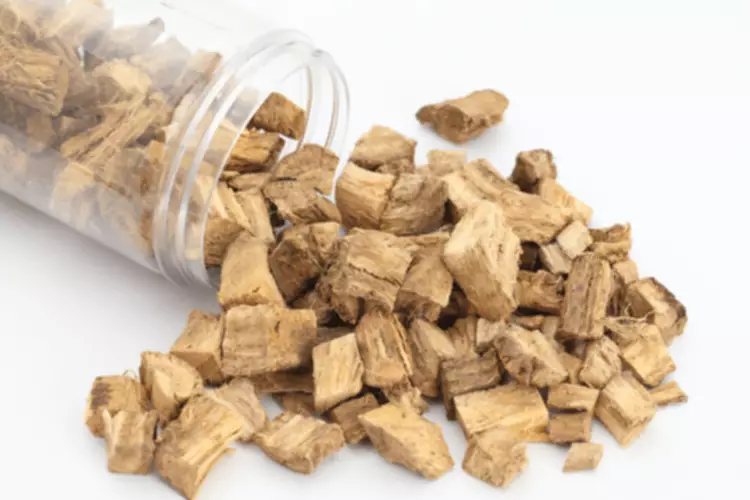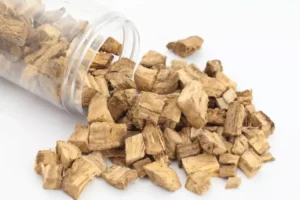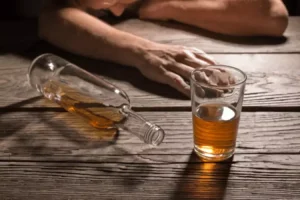
That they have the power to stop drinking and manage their behavior with alcohol. This could be very dangerous because as long as you don’t admit that alcohol is in fact the one in control, Alcohol Use Disorder you won’t be able to quit entirely. Susan is no stranger to the fields of behavioral health and addiction. She has over 25 years of experience, working in an inpatient setting, an outpatient setting, acute stabilization and nearly all other settings in the realm of addiction recovery.
Misstepping,The Thirteenth Step
It is difficult to manage all the different problems drinking has caused, especially after a major consequence from a spree. By openly discussing struggles with a sponsor or support system, we address challenges before they become unmanageable. Step one is the only step that has to be practiced with absolute perfection. Step one is the only step that identifies the problem, the addiction to Alcohol or whatever your particular flavor of addiction you’re dealing with. All of this culminates in my choice not to take responsibility for the feelings, beliefs, and actions of others. It allows me to focus more fully on what I am able to offer to myself and others that is healthy, sustainable, and satisfying.
- I still engage in a daily program of recovery myself and also enjoy fitness and health, nature, sports, horror movies, video games, cooking and spending time with family and friends.
- Well, understanding manageability is a factor that can be used to determine if someone has crossed that line.
- No, admitting powerlessness does not mean giving up control.
- The philosophy behind this thinking is that your judgment was flawed enough to get yourself into this situation, it’s too flawed to get yourself out of it.
- You are recognizing that alcohol is a powerful thing that could once again take control of your life.
- Yet, once you get sober you commit the most insane act from a state of mind called “sobriety” by picking up the drink again.
What is powerlessness?

Powerlessness isn’t meant to lead to hopelessness, but rather to a greater sense of hope and agency in your life. Recognizing this powerlessness over addiction is not the same as saying you have no power to create change in your life. Instead, it means that the way out of your addiction requires you to rely on the support of other people, God, and the time-tested tool of recovery as lifelines to pull you out of the raging sea of addiction.
What Does Unmanageability Mean In AA?

Accepting this reality is what will equip you to seek treatment rather than deny that there is a problem in the first place. Joi Honer directs the operations that support our alumni in their recovery from mental health and substance use disorders. Ms. Honer, who has been in long-term recovery for over 40 years, has worked in the treatment field for over 33 years. She holds certifications in addiction and co-occurring disorder counseling and a bachelor’s degree in addiction studies, having graduated summa cum laude. Step One AA acknowledges that not only are you powerless over alcohol, but your life has also become unmanageable as a result. This unmanageability often manifests in various ways, such as deteriorating relationships, declining physical and mental health and a growing sense of despair.

But this assumption of uniqueness minimizes the impact of your current addiction on yourself and others. Looking back on my own drinking history, at least what I remember of it, I can see this phenomenon at work. But most of the time, once my lips touched whiskey, I’d drink like a thirsty dolphin. At River Rocks Recovery, we incorporate holistic approaches such as meditation, yoga, nutritional counseling, and trauma-informed care to support emotional and spiritual healing. Practicing mindfulness and self-awareness can help you stay attuned to your thoughts, feelings, and triggers. It’s like developing an early warning system that can alert you to potential pitfalls before you fall into them.

The 1st Step Beyond Alcohol and Drugs
But, since it was the way that had worked for them, it was the way they had to offer others. However, addiction is a complex disease, not a moral failing. Recognizing powerlessness helps individuals understand that their struggles are not due to personal weakness but are the result of a medical condition requiring treatment—just like diabetes or heart disease. True strength comes from recognizing the need for help and making the courageous decision to seek professional addiction treatment.
Understanding “Powerlessness” and Why Acceptance Liberates You
If you or a loved one is struggling with addiction, River Rocks Recovery provides compassionate, evidence-based treatment. Contact us today to learn more about our addiction treatment programs and start your journey to recovery. This concept of accepting powerlessness is at the heart of many 12-step programs, forming the crucial first step. It’s not about weakness, but rather about honest self-assessment and a willingness to seek help. It’s like finally admitting you’re lost and asking for directions – it’s the first step towards finding your way.
- Physical punishment, deprivation, social withdrawal, or any other way of punishing yourself increases feelings of despair and hopelessness.
- What research has discovered is that acceptance of this step should be centered on the person and what they believe is problematic.
- They might also experience circumstances that help them realize how much their drug use is negatively affecting their life such as losing their job, getting a divorce or getting in trouble with the law.
- The Big Book examines powerlessness very deeply but doesn’t go as in-depth about unmanageability.
- The 12-step program is based on the belief that one day at a time we can take control of our lives by making positive changes.
- Her primary focus is to provide all clients with a safe, structured environment while coordinating their care.
When individuals struggling with addiction admit they are powerless, they also start to recognize the areas in their lives where surrender can bring peace. This mindset allows us to navigate challenges with clarity and purpose. The 1st Step is the foundation for all spiritual solutions in twelve-step recovery.
Director of Community Outreach
Drinking triggers are situations that make us feel the urge to drink. For someone in recovery from alcohol use disorder, this can be very risky and potentially lead to a relapse. “Hidden” triggers are more challenging to identify and, therefore, may strike… Our primary purpose is to provide a forum for discussing the A.A. Fellowship, its 12-step program of recovery, and related topics. MARR Addiction Treatment Centers specialize in treating individuals whose lives have been destroyed by addiction.
The reluctance is compounded by the fact that alcohol is a socially accepted substance, making it difficult for many to recognize the severity of their addiction. Furthermore, access to treatment can be hindered by socioeconomic factors, lack of healthcare resources, or insufficient support systems. This dilemma represents a significant public health challenge, as it often goes unnoticed or ignored due to social stigma, denial, or lack of awareness. Individuals struggling with alcoholism may not seek help due to feelings of shame, fear of judgment, or a belief that they can manage their drinking on their own. It means recognizing that one’s drinking has become uncontrollable and that attempts to moderate or quit have repeatedly failed. This concept highlights the overwhelming compulsion to drink despite what does powerless over alcohol mean the negative consequences it brings, such as health issues, damaged relationships, and financial problems.
